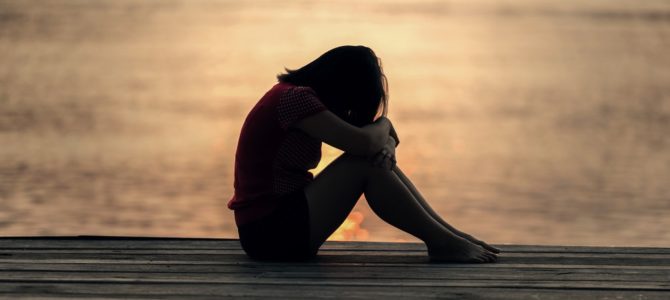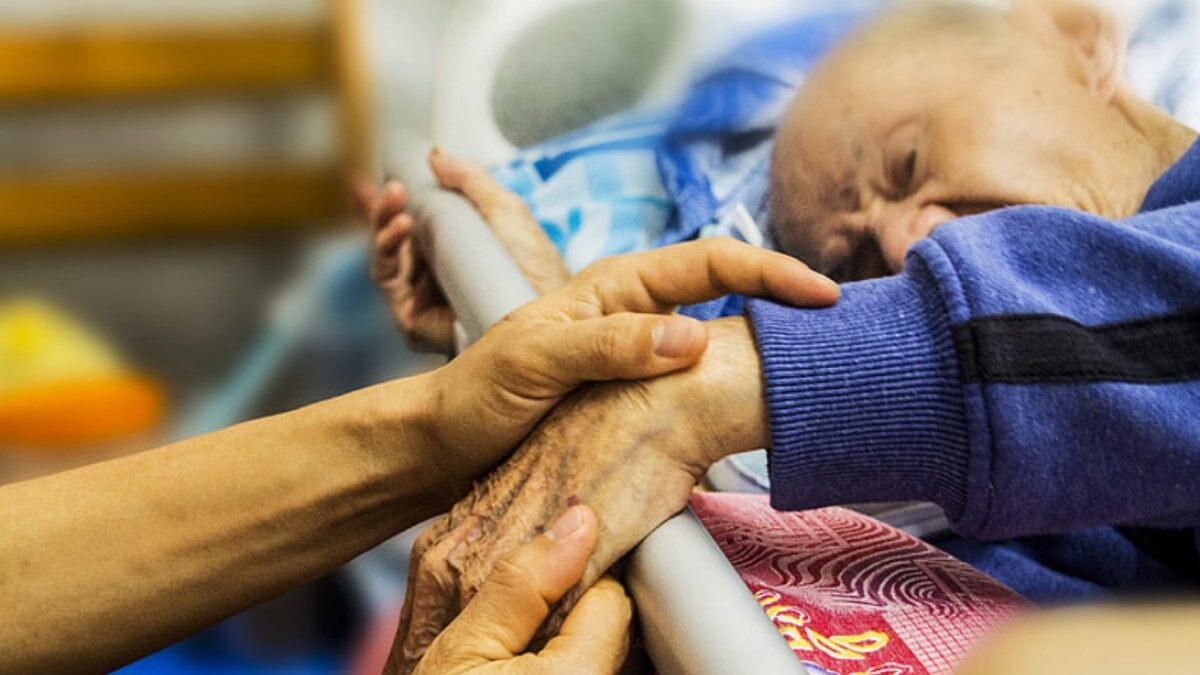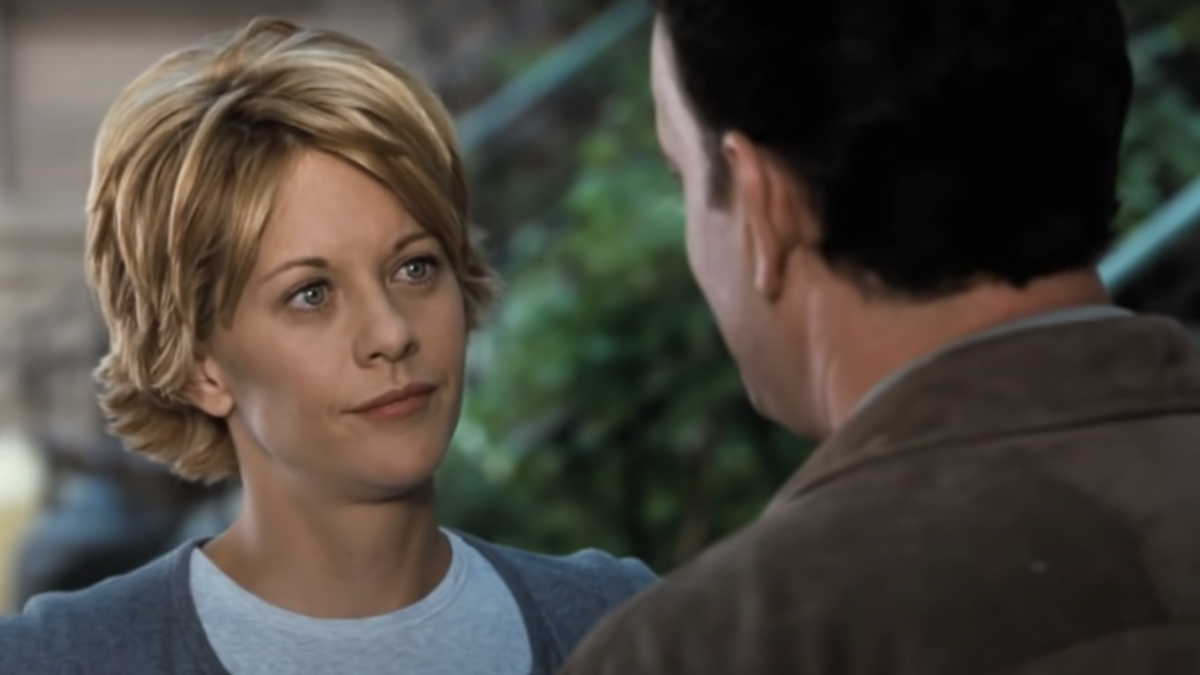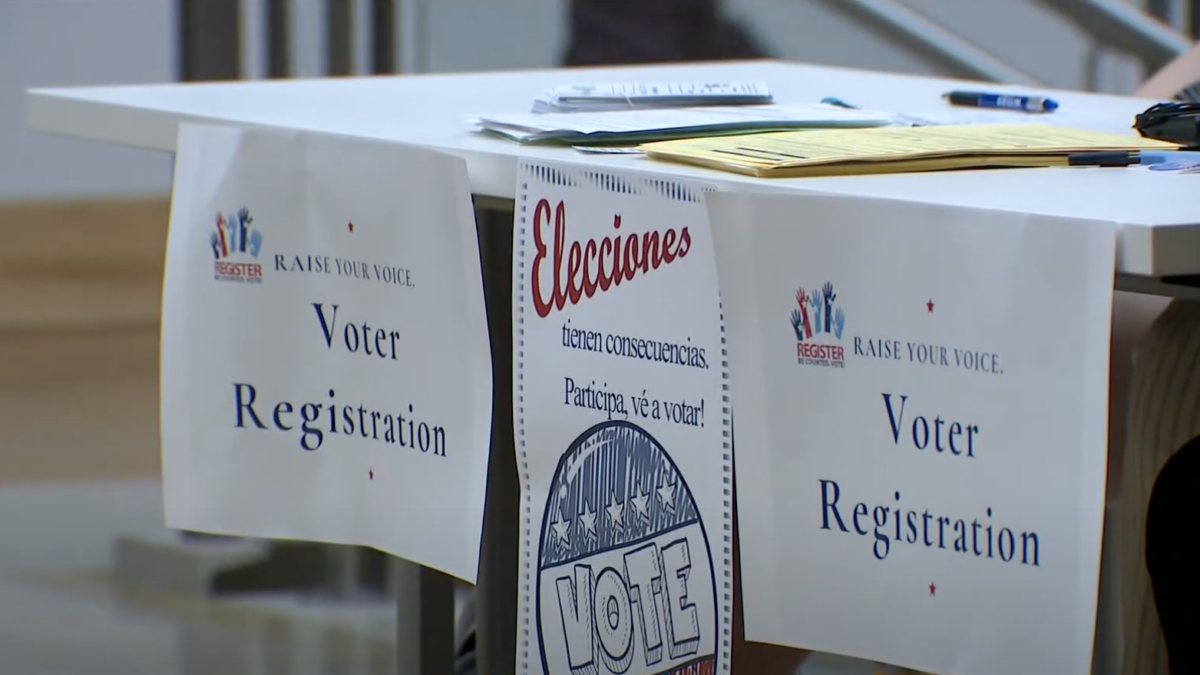
Our culture is so saturated with feminism that even conservatives and devoutly religious people like me think inside its wheel ruts. This wouldn’t be a problem, except that feminism is antithetical to human flourishing, both individually and corporately, because it has a false view of human nature.
No matter how the evidence piles up in heartbreak after heartbreak, many women continue to give themselves cognitive dissonance. We all want to believe that we’re exceptional, that patterns of human behavior don’t apply to us. That while bad things happened to other people who did the same things we are or want to, those bad things won’t happen to us, too. We’re special. We’re different.
Refusing to learn from history and experience only hardens people against the feedback from reality they need to make their lives better through smarter decisions. Thinking that the experience and wisdom of humans across time has a claim on our present behavior allows a form of troubleshooting and decisionmaking using billions of accumulated datapoints. Yes, it requires humility to consider whether your presuppositions and behavior are wrong, but what you may lose in feminist scorekeeping you reap a hundredfold in a richly happy life. How do I know? It’s happened to me.
The Day I Started Losing Feminism, I Saw a Positive Pregnancy Test
I got lucky, with an unintended and unwanted pregnancy. We were married, but I was devastated, because I had wanted to do what everyone says you should, and focus on my career right out of college. My husband and I called the baby our “fruitcake”: that present you get that nobody knows exactly what to do with. A finicky baby, he kept that nickname deservedly for his first two years. Now, it no longer fits him.
Over time I learned that I was distressed about this miracle when I should have been, and slowly became, deeply grateful. That little boy saved me, in ways that unfolded themselves slowly in my life, like a rare and precious flower. Another petal unfurled this week as I read two recent accounts from women I would be far more like if I had figured out faster how to keep my womb sterile, as I had planned.
A 35-year-old woman wrote The Cut’s advice columnist last month in great distress, and became one of its most-viewed stories of late. She embarked on life as a “creative,” cycling through West Coast cities and boyfriends in ways that may sound glamorous, but now she sees in retrospect has wasted her potential for creating a family.
I have no family nearby, no long-term relationship built on years of mutual growth and shared experiences, no children. While I make friends easily, I’ve left most of my friends behind in each city I’ve moved from while they’ve continued to grow deep roots: marriages, homeownership, career growth, community, families, children. I have a few close girlfriends, for which I am grateful, but life keeps getting busier and our conversations are now months apart. Most of my nights are spent alone with my cat (cue the cliché)…
My apathy is coming out in weird ways. I’m drinking too much, and when I do see my friends on occasion, I end up getting drunk and angry or sad or both and pushing them away. And with men I date, I feel pressure to make something of the relationship too soon (move in, get married, ‘I have to have kids in a couple of years’; fun times!). All the while still trying to be the sexpot 25-year-old I thought I was until what seemed like a moment ago.
I used to think I was the one who had it all figured out. Adventurous life in the city! Traveling the world! Making memories! Now I feel incredibly hollow. And foolish.
The advice columnist offered empathy and self-esteem talk, but did not recognize and validate this woman’s genuine loss. At 35, women’s fertility starts a freefall towards menopause. That’s the age at which doctors consider a woman in a high-risk pregnancy, which means she’s at an increased likelihood of complications that only increases as she continues to age, as well as increased medical interventions during pregnancy and birth that endanger mother and child.
So this woman has in all likelihood lost her ability to have more than one child, if she is even lucky enough to get one despite no potential for that currently on the horizon. That’s because it takes at least two years each to have and recover from a baby. So if you want two kids, you need at least five years of fertility to get them. If you want three kids, you need at least seven or so years of fertility.
Subtract that from 35, and you get 28. That is now the median age of first marriage for women, but they’re not typically getting married thinking they should quickly have a baby if they want one at all. That means millions of couples are needlessly setting themselves up for difficulties in having children, simply by timing them suboptimally.
Keeping Women from Our American Dream
Now, 86 percent of Americans want at least two children. But delaying marriage and putting higher education and careers first causes them to not live up to their family dreams. The New York Times reported in February that “the gap between the number of children that women say they want to have (2.7) and the number of children they will probably actually have (1.8) has risen to the highest level in 40 years.” This is setting up increasing numbers of women for deep, unrepairable disappointment, as not only the Cut writer but another woman this week illustrated.
A 50-year-old career woman with four college degrees recently called into Dennis Prager’s radio show with advice for young women that amounted to: Don’t do what I did. “I was programmed to get into the workforce, compete with men and make money,” she said. “Supposedly, that would be a fulfilling life. But I was told that by a feminist mother who was divorced, who hated her husband — my father.”
it’s lonely when you see your friends having children, going on vacations, planning the lives of their children, and you don’t do anything at night but come home to your cats and dogs…
You have other concerns when you get older and you live alone. Who’s going to take you to your medical appointments? If something should happen to you, there’s no other income there to help you. These are things you don’t understand when you’re in your 20s because you don’t think you’ll ever get old and have health problems…
I want to tell women: Find someone in your 20s. That’s when you’re still very cute. That’s when you’re still amiable to working out problems with someone. It’s harder in your 50s, when you’ve lived alone, to compromise with someone, to have someone in your home and every little thing about them annoys you because you’re so used to being alone.
The famous (or infamous) psychologist and advice guru Jordan Peterson hears this all the time from highly intelligent, driven female clients. In their 20s, they think they want the career. But in their 30s, they start to realize that they also really want a family, and that it’s in fact more important to them than abstract notches on some career totem pole. At that point, however, given the vagaries of finding someone and getting across the marriage and then pregnancy finish line, it’s far more difficult for them to make the life they wanted.
One of Peterson’s viral videos is called “Women at 30,” and it repeats similar comments he’s offered elsewhere.
“It isn’t really obvious to me that young women in our society are told the truth about what their lives are likely to be like,” he says. “They’re taught, both explicitly and implicitly that their primary interest will be in the pursuit of a dynamic career, and there are some real problems with that…My experience has been overwhelmingly that high-caliber women decide in their 30s that relationship and family is the most important thing in their life.”
Peterson argues our society has “lied to women,” and he’s right. We’re told to “find ourselves” and seek happiness just about everywhere but where human history has shown that we’ll reap it most bountifully. What he doesn’t mention here (or much elsewhere, that I’ve seen) is the conjunction of these lies with fertility problems that set up so much unhappiness for women.
It’s often not easy to find someone to marry, and more than one in ten couples experiences infertility. Infertility problems also increase and are harder to address the older you are. That boyfriend you passed on at age 25 because you “weren’t ready to get married yet” won’t be around when you’re 30, or 35, and the replacements for him are also slimming out at that age.
Women’s attractiveness peaks around age 20, not surprisingly (from a biological standpoint) in tandem with their fertility. Here’s a graph of OKCupid data about what age men think is most attractive on a woman:

Aaron Renn, who posted this graph in his Masculinist email, draws together a lot of related information about romance and the sexes this way: “For the average woman, her overall attractiveness will likely peak by her mid-20s, then start to fall for pretty much the rest of her life. For men, their looks similarly decline. But their power, status, and money start low and go up over time, which can offset or even more than offset declining looks for a while…When young, women are at the top of their game while men are still underdeveloped. So the average woman has much more attraction power than the average man. By the time we hit our 30s, this situation starts to reverse itself.”
This means women have the most marital bargaining power in their 20s. The smartest female strategy, then, is to marry young, and lock in a husband before they have to compete against younger, hotter women. This is the exact opposite of what our society tells women to do. It tells women to do the same thing that men do. But women are not men. Our bodies are different, our fertility is different, our priorities are different. So while men can recover, and even may benefit from, later marriage, women are extremely ill-served by it overall.
Women need and deserve their own life script, one that suits us. In order to develop one, we need to know and be told the truth about what makes women happy, what women overwhelmingly want in life, and the biological constraints of achieving our dreams. Then, we need to act on that knowledge, to make our dreams come to life.
You could get lucky, like I did, and have a surprisingly early baby who changes your whole life plans for the better. But if I were you, I wouldn’t wait around for a miracle. I’d go out there and get one on purpose.









